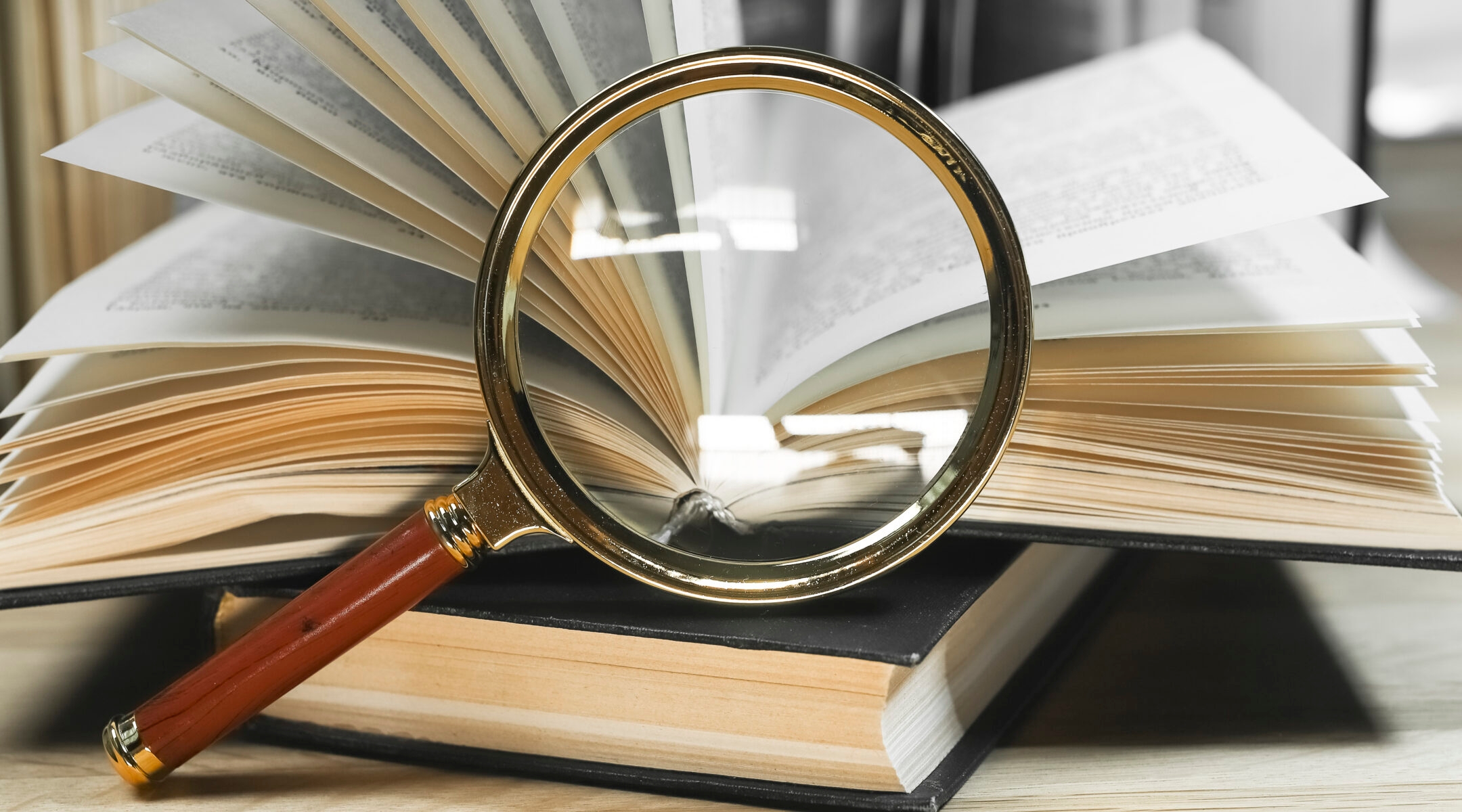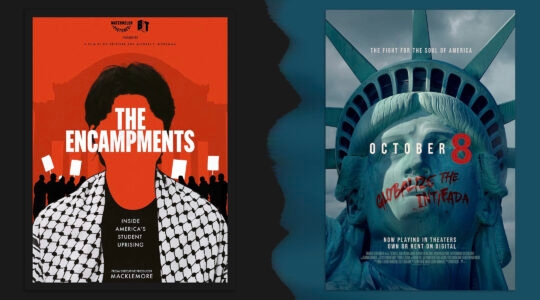As a historian focused on Jewish history for more than four decades, I was aware when I applied to the National Endowment for the Humanities’ Public Scholars program for support for my new book that the odds were not great. After all, I had in the past reviewed applications to the NEH from scholars, curators and filmmakers seeking funding for their projects, and I knew how many worthy endeavors were vying for a limited pot of federal funding.
But I was lucky: I got a grant, and my book, “Antisemitism, an American Tradition” comes out this fall.
My grant ended last August, which means I was narrowly not among the scholars told this week that NEH grants they had received had been canceled — by a federal government that has made fighting antisemitism its signature issue.
Indeed, this administration is defunding universities’ cancer research expecting this will resolve antisemitism — a laughable prospect. But if it cares so much about antisemitism, it should not go after the National Endowment for the Humanities. The NEH not only subsidized my book on the long history of antisemitism in the United States, it has a significant record of backing books, documentaries, and museum exhibitions about Jewish history and culture that counter antisemitic lies.
Related: Jewish cultural institutions reeling as Trump defunds arts and humanities
In recent years, the NEH funded translating Luis de Carvajal’s diaries. Traveling throughout 16th-century colonial Mexico, a land that barred Jews, de Carvajal secretly practiced Judaism until, arrested by the Inquisition, he died in its jail. The NEH supported translating the Yiddish stories written by Rokhl Brokhes (1880-1945) before the Nazis murdered her. Another award went to a book about spies in 1930s Hollywood who had uncovered a plot to kidnap and hang 20 prominent Jews and their allies, including Charlie Chaplin. They expected this to launch a nationwide pogrom.
An NEH grant helped Washington, D.C.’s Capital Jewish Museum plan its new exhibition which is built around the city’s oldest synagogue building. When that congregation, Adas Israel, dedicated its new house of worship in 1876, just in time to celebrate this nation’s centennial, Ulysses S. Grant became the first president to attend a synagogue service. He even donated $10, the equivalent of about $200 today.
Why would an administration battling antisemitism cripple an organization with a tiny budget — just $207 million last year — whose projects add to our knowledge about Jewish history and culture? This history is more essential than ever today to counter the rising tide of antisemitism in this nation.
Support for projects about Jewish history and culture are, of course, a small part of the funds the NEH has dispensed in the 60 years since it was established. It has funded book projects about New York’s Archbishop Francis Cardinal Spellman, the poet Robert Frost, and Supreme Court Justice Louis D. Brandeis. Its grants have enabled millions to view the Ken Burns films “The Civil War” and “The Vietnam War,” as well as a film about the history of comics.
The NEH has supported museums on the Underground Railroad and San Francisco’s Angel Island, the largest immigration station on the West Coast, as well as an exhibition about toys. It even provided funding to develop a smartphone app for visitors to the new World War I Memorial and a virtual reality game about the construction of the Hoover Dam, one of the great triumphs of American ingenuity.
Just as the NEH has funded projects to support Jewish history and culture, it has also backed projects spotlighting the array of cultures and heritages that make up America. Its funds helped develop an exhibition exploring Indigenous peoples’ heritage in Deerfield, Massachusetts; restoring damaged statues of the great abolitionist Frederick Douglass in Buffalo, New York; developing a digital history of Cuban Americans; constructing new space at Chicago’s Korean Cultural Center; and recording audio about humanities collections for the blind.
These may be precisely the stories this administration wishes to erase in its effort to recast the complicated, messy history of our nation’s past into a seamless narrative celebrating the accomplishments of great white men. But collectively, these projects narrate powerful, positive stories about this nation and its people.
So many of our ancestors came to these shores seeking refuge. They made America their home, becoming staunch patriots, titans of industry and business, government officials, soldiers, wives, and homemakers. In time, some of their descendants turned to the NEH to help them tell stories about these brave men and women of the past, their hopes, their dreams, their legacies. They are the men and women who made this nation great. We will lose their stories and this history if this administration succeeds in its plans to eviscerate the NEH.
Those whose grant contracts have been canceled now join the ranks of the federal workers who have been summarily let go, without reason, without cause. Like them, these creators are left stranded. As scholars, we realize that our experiences are just a tiny window into the chasm of this great calamity.
Individual creators are hurt and devastated. But the loss of the stories they would have told, including those that could have shorn up the struggle to stem the tide of antisemitism, will reverberate far into the future.
JTA has documented Jewish history in real-time for over a century. Keep our journalism strong by joining us in supporting independent, award-winning reporting.






